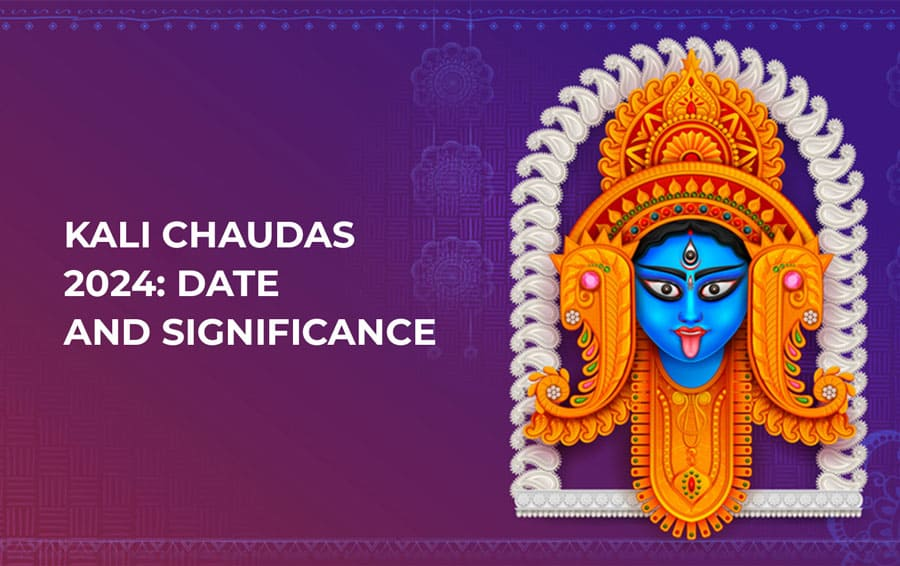
Kali Chaudas 2024 Today
Kali Chaudas, also known as Bhut Chaturdashi, is an important day during Diwali festivities, especially in Western India, particularly in Gujarat. In 2024, Kali Chaudas falls on Wednesday, October 30. This unique celebration on Chaturdashi Tithi, the fourteenth day of the lunar cycle, is a time of deep spiritual practices and ancient rituals.
What Makes Kali Chaudas Special?
Kali Chaudas is distinct from Roop Chaudas and Narak Chaturdashi, which may occur around the same period. This day’s observance is determined by the presence of Chaturdashi Tithi at midnight, known as Maha Nishita time, according to the Hindu Panchang. Unlike other Diwali days, Kali Chaudas focuses on rituals to dispel negative energies and protect against evil forces.
| EVENT | DATE AND TIME |
| Kali Chaudas | Wednesday, October 30, 2024 |
| Kali Chaudas Muhurat Duration | 11:38 PM to 12:30 AM, Oct 31 00 Hours 52 Mins |
| Hanuman Puja | Wednesday, October 30, 2024 |
Rituals of Kali Chaudas 2024
Kali Chaudas is marked by several traditional practices, including a midnight puja in crematoriums to honor the Goddess Kali and Veer Vetal, the protective deity. This ritual aims to purify the environment and ward off negativity. Observers often visit specific locations and perform prayers, enhancing their spiritual connection and strengthening their mental resilience.
Why Kali Chaudas Matters
Kali Chaudas serves as a day of introspection and spiritual cleansing. Through rituals and prayers, devotees seek divine blessings and the removal of obstacles in their lives. The observance is symbolic of the victory of light over darkness and serves as a time for mental and spiritual purification.
Kali Chaudas vs. Bengal Kali Puja
It’s essential to distinguish between Kali Chaudas and the Bengal Kali Puja, which occurs the following day when Amavasya Tithi prevails at midnight. While both honor the Goddess Kali, the rituals and cultural significance vary.
As Kali Chaudas approaches, take a moment to appreciate this powerful day of reflection, ritual, and spiritual purification. Understanding these traditions enriches the Diwali experience and allows us to engage more meaningfully with the festival’s message of light and positivity.












